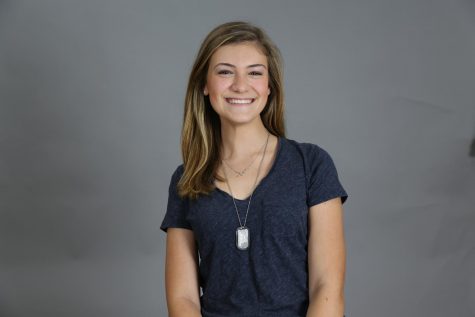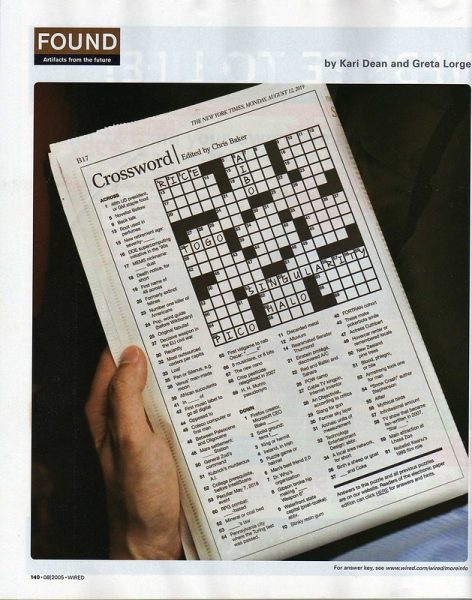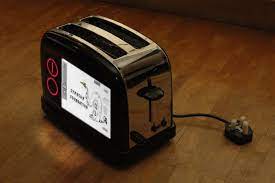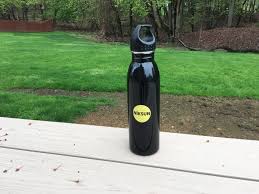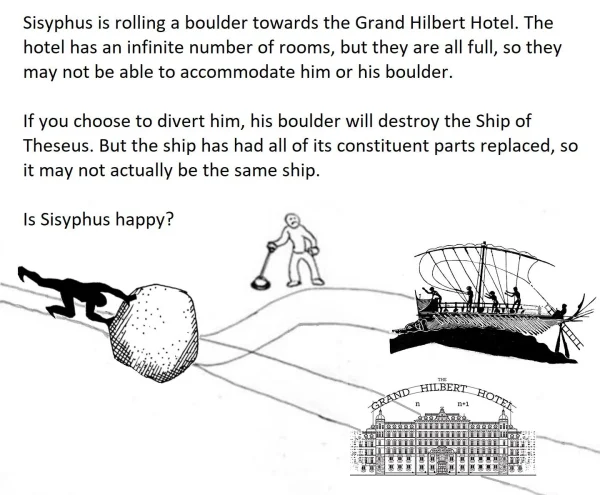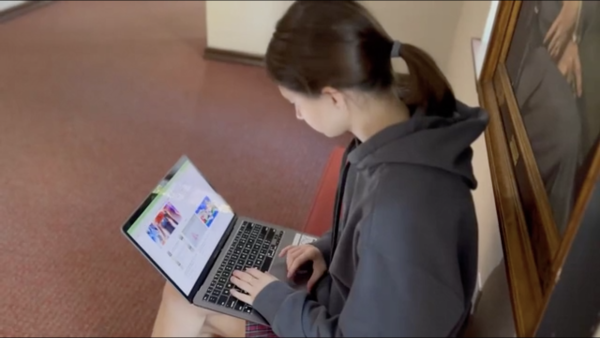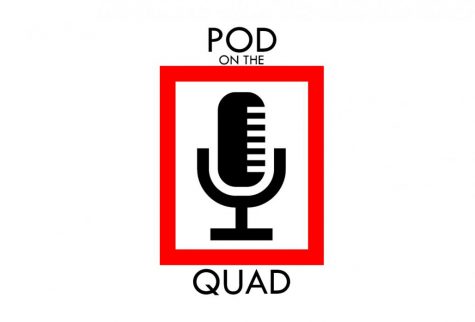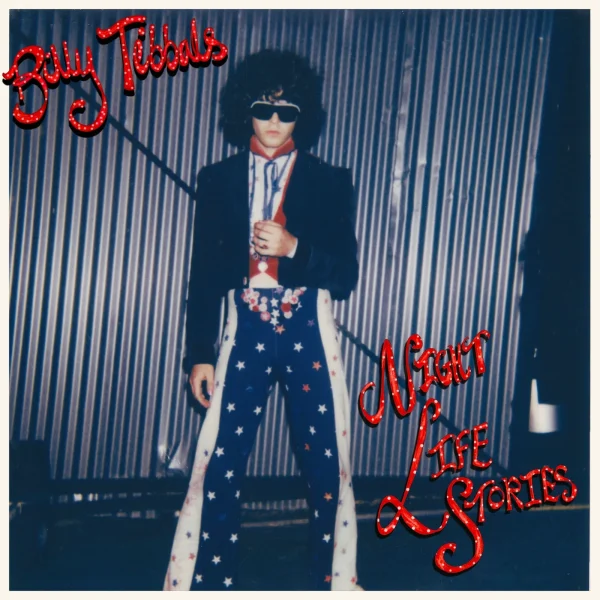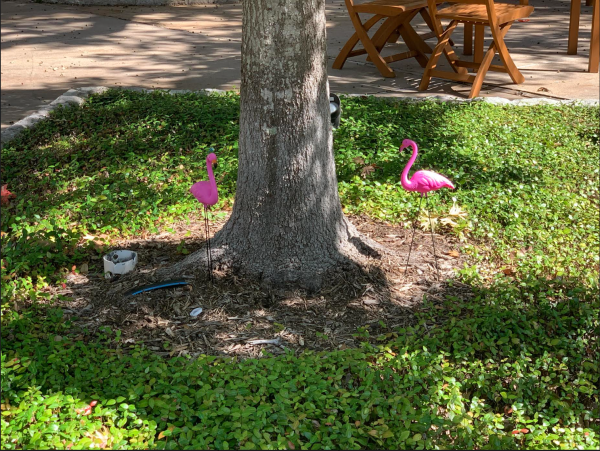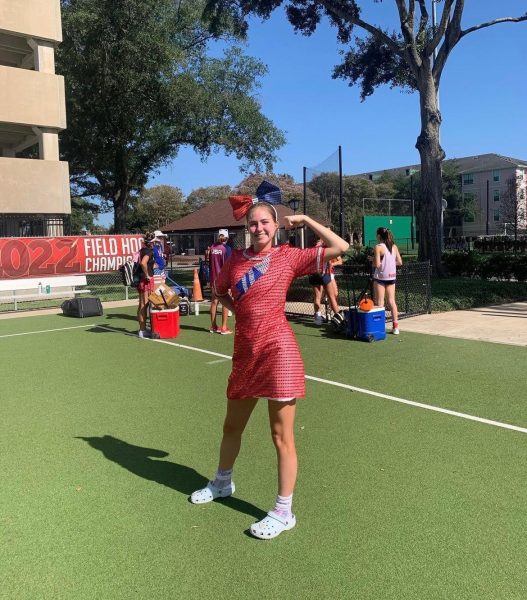March 23, 2018
Addiction: the persistent compulsive use of a substance known by the user to be harmful.
This dictionary definition of addiction, or one close to it, was the first thing I read during my first Freedom from Chemical Dependency session this year. “Not always,” I whispered to my friend. “My use of caffeine isn’t compulsive or harmful.”
My FCD speaker heard me and came over to where I was sitting, sparking a lively conversation about caffeine as an addictive drug. As someone who openly admits to being addicted to caffeine, I had quite a bit to say about the role caffeine plays in my daily life. While I recognized the fact that missing my morning latte triggered a bad mood and a nasty headache, I did not feel that my reliance on caffeine was “compulsive” or “harmful.” In fact, I would describe it as “deliberate” and “quite enjoyable.” That said, this dialogue set the tone for what would be an incredibly informative and eye-opening exploration of addiction over the next few days.
During FCD last year, I sat through Kahoots, verbal question sets, PowerPoints and other attempts to involve a class of disinterested freshmen. I thought it impossible that I would ever be exposed to or sample the drugs and alcohol that they spoke of, and the lack of relatability made it difficult to buy into the FCD message.
This year, however, I was much more interested in the FCD discussions, and I think the rest of my classmates were, too. There were no cliched lead-in questions, organized PowerPoint presentations or anything else of the sort — just simple, involved discussion. I now know that many of my peers have taken illicit substances, and what the speaker talked about suddenly seemed quite real. I was astounded that many of my classmates had in-depth questions about addiction and how many of them personally knew alcoholics or drug addicts.
I believe that FCD has valuable long-term potential. The program is wise to abstain from preaching abstinence, and instead emphasizes the consequences of bad choices and the importance of helping others who may be struggling with addiction. By acknowledging that friends are going to make mistakes, program shows that it recognizes that kids are fallible and that instead of casting blame, we should focus on supporting each other.
I hope that St. John’s continues its partnership with FCD. It is clear to me that we need the safe space that they provide to explore the complex issues of substance abuse and addiction. While I am not ready to give up my own “addiction,” I do feel like I can understand and empathize with how people can get stuck in tough situations. I am hopeful that we can all come away from these sessions with a new perspective and a willingness to help those around us without judgment.




